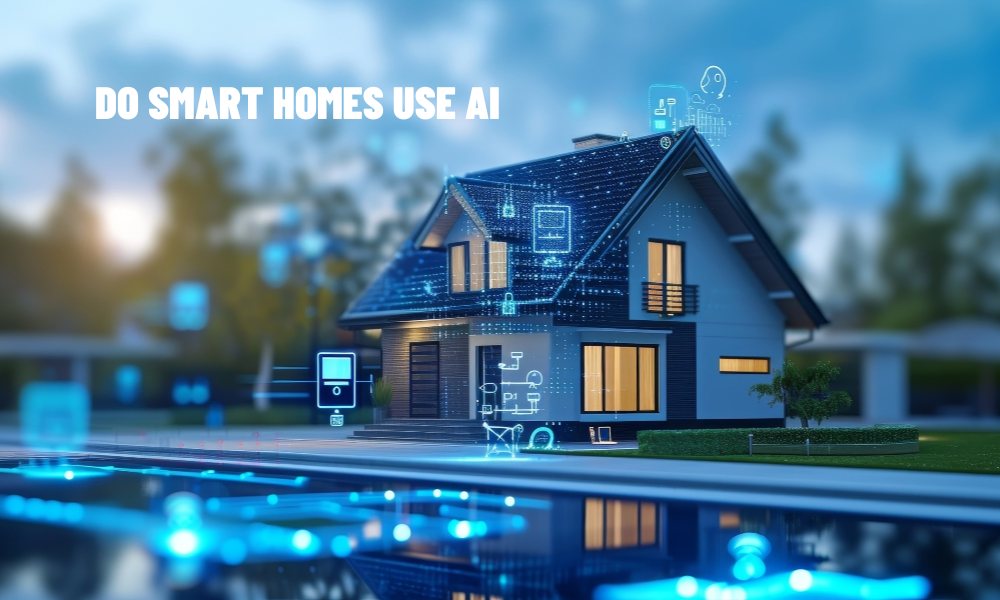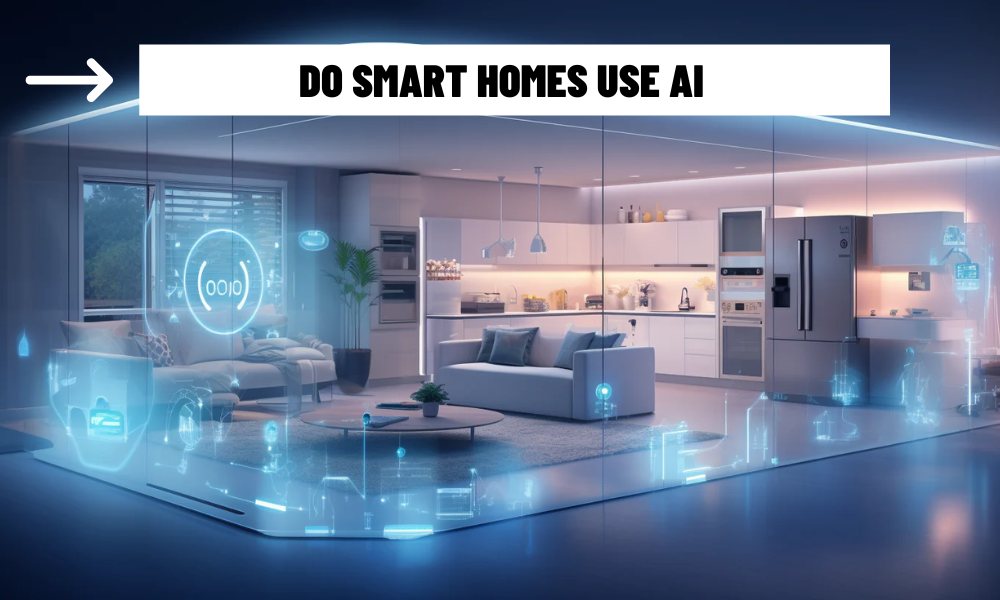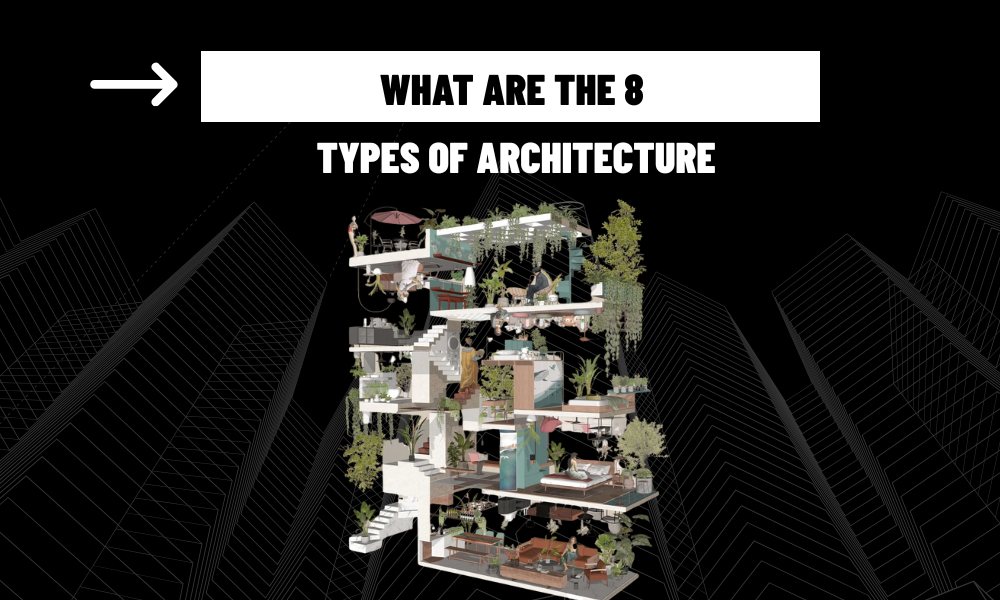Contents
The Foundation of Smart Home Intelligence
When asked do smart homes use AI, the answer is a definitive yes—artificial intelligence is the backbone of today’s advanced home automation systems. AI in smart homes leverages sophisticated algorithms and data analytics to deliver precise, adaptive functionality, transforming homes into efficient, secure, and sustainable environments. This technical integration marks a leap forward in how we manage and interact with our living spaces.
The Mechanics of AI Integration
The power of AI in smart homes lies in its ability to process and act on complex data sets. By collecting information from sensors, user inputs, and external variables like energy pricing, AI enables devices to make informed decisions. For example, a smart thermostat might analyze occupancy patterns and weather forecasts to optimize heating, ensuring efficiency without manual intervention. This data-driven precision is why AI in smart homes is central to modern automation, answering do smart homes use AI with clear evidence of intelligent design.
Energy management is a prime application. AI in smart homes monitors consumption trends to minimize waste, such as dimming lights in unoccupied rooms or aligning appliance schedules with renewable energy availability. By integrating with solar panels or smart grids, AI prioritizes clean power, reducing costs and environmental impact. This technical synergy underscores the critical role of AI in smart homes, making efficiency both achievable and scalable.

Securing Homes and Streamlining Operations
Security is a standout benefit of AI in smart homes. Advanced analytics enable surveillance systems to process video feeds in real-time, identifying anomalies like unrecognized activity and delivering targeted alerts. This reduces false alarms, ensuring reliability. Remote monitoring, powered by AI in smart homes, allows homeowners to oversee their property from anywhere, reinforcing the affirmative answer to do smart homes use AI.
Operational efficiency is equally impressive. AI in smart homes centralizes control through apps or voice assistants, enabling seamless device management. Complex tasks, such as coordinating lighting and climate for a specific ambiance, are executed with precision. This technical orchestration simplifies life, making AI in smart homes a catalyst for effortless living.
The Next Frontier for AI
The future of AI in smart homes promises even greater sophistication. Enhanced algorithms will enable proactive features, such as predicting appliance maintenance or optimizing environments for health. Unified connectivity standards will streamline device integration, while robust security protocols will protect data. The question do smart homes use AI will evolve as these innovations redefine home intelligence.
Building an AI-Driven Smart Home
Implementing AI in smart homes starts with a scalable platform to unify devices. Prioritize features like energy management or security, then expand strategically. Strong network security, such as encrypted connections, ensures your system remains protected.
The question do smart homes use AI highlights the pivotal role of artificial intelligence in home automation. By driving efficiency, security, and sustainability, AI in smart homes delivers a technically advanced living experience. In 2025, adopting AI in smart homes is the gateway to a future where homes are as intelligent as they are inviting.



